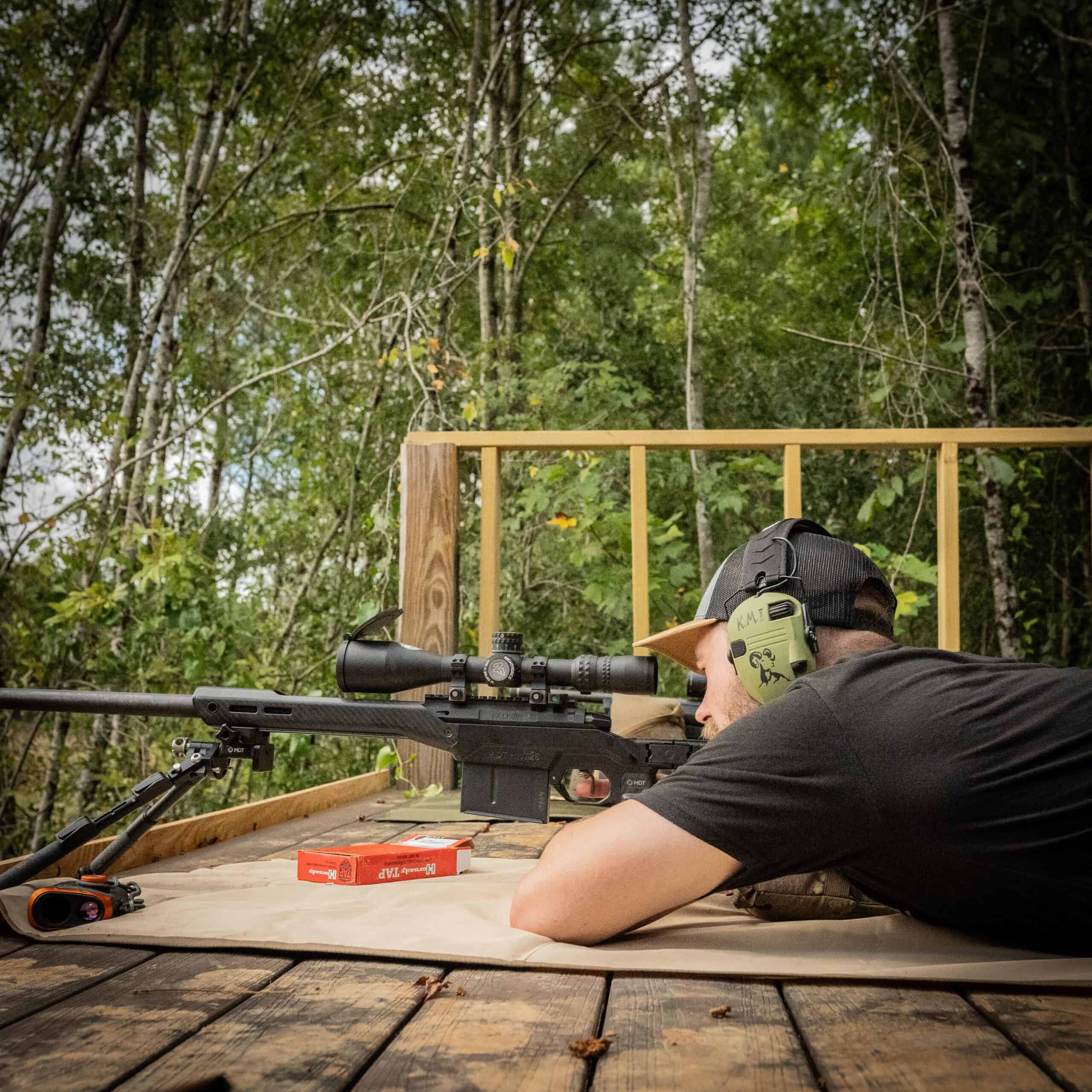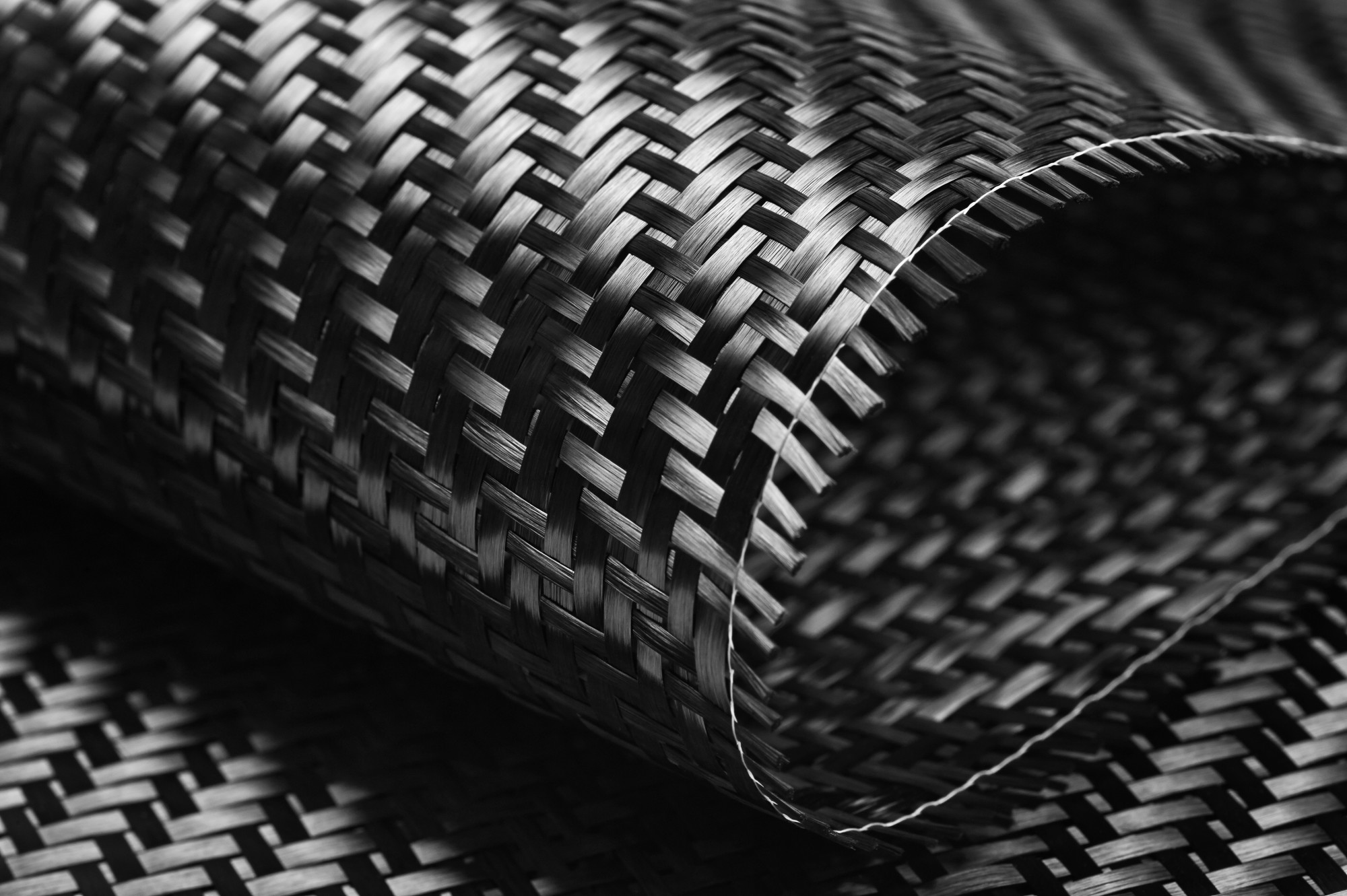Carbon fiber barrel pros and cons – Delving into the realm of carbon fiber barrels, this comprehensive guide unveils the intricate tapestry of advantages and disadvantages associated with these innovative firearms components. From their unparalleled strength to their environmental impact, we embark on a journey to unravel the complexities of carbon fiber barrels, leaving no stone unturned in our quest for knowledge.
Carbon fiber barrels have emerged as a revolutionary force in the firearms industry, captivating the attention of marksmen and enthusiasts alike. Their unique properties offer a tantalizing blend of benefits, yet they are not without their drawbacks. In this exploration, we will meticulously examine the pros and cons of carbon fiber barrels, providing a balanced and nuanced perspective on their impact on the shooting experience.
Accuracy and Consistency
Carbon fiber barrels are renowned for their exceptional accuracy and consistency. The stiffness and rigidity of carbon fiber contribute to this enhanced performance in several ways.
Reduced Vibrations and Harmonics
Compared to steel barrels, carbon fiber barrels exhibit significantly reduced vibrations and harmonics. These vibrations can disrupt the barrel’s alignment and stability, leading to inconsistent shots. The inherent stiffness of carbon fiber effectively dampens these vibrations, resulting in a more stable platform for bullet release.
Example:Tests conducted by reputable firearms manufacturers have demonstrated that carbon fiber barrels produce tighter shot groups than steel barrels, with reduced spread and improved precision.
You also will receive the benefits of visiting electric bike rentals minneapolis today.
Corrosion Resistance
Carbon fiber barrels exhibit superior corrosion resistance compared to steel barrels. Steel is prone to rust and other forms of corrosion, especially in humid or wet environments. Rust can weaken the barrel over time, reducing its accuracy and potentially causing safety hazards.
In contrast, carbon fiber is highly resistant to corrosion. It does not rust and is unaffected by most chemicals and solvents. This exceptional corrosion resistance ensures that carbon fiber barrels maintain their integrity and performance even in harsh conditions.
Longevity and Maintenance
The corrosion resistance of carbon fiber barrels significantly extends their longevity. Unlike steel barrels, which require regular maintenance and protection from corrosion, carbon fiber barrels can withstand harsh conditions without compromising their structural integrity. This reduces maintenance costs and downtime, making carbon fiber barrels a more cost-effective option in the long run.
Environmental Impact
Carbon fiber production has a significantly lower environmental impact compared to steel production. The manufacturing process of steel involves extracting iron ore, smelting it in blast furnaces, and then shaping it into barrels. This process consumes vast amounts of energy and releases greenhouse gases into the atmosphere.
In contrast, carbon fiber is produced from polyacrylonitrile (PAN), which is a synthetic polymer. The PAN fibers are spun into yarn and then carbonized at high temperatures. This process consumes less energy and produces fewer emissions compared to steel production.
Sustainability Advantages
- Recyclability:Carbon fiber is a recyclable material. It can be broken down into its constituent components and reused in new products.
- Reduced Energy Consumption:The manufacturing process of carbon fiber barrels consumes less energy compared to steel barrels. This is because carbon fiber is a lightweight material that requires less energy to shape and form.
Environmental Benefits
- A study by the University of California, Berkeley, found that the production of a carbon fiber barrel generates 70% fewer greenhouse gases than the production of a steel barrel.
- Carbon fiber barrels have a longer lifespan than steel barrels, which reduces the need for frequent replacements and the associated environmental impact.
Special Applications: Carbon Fiber Barrel Pros And Cons

Carbon fiber barrels have gained significant recognition in specialized industries due to their exceptional properties. They offer unique advantages in applications demanding high precision, durability, and lightweight construction.
For descriptions on additional topics like catalina e- bike rentals and tours, please visit the available catalina e- bike rentals and tours.
Aerospace
In the aerospace industry, carbon fiber barrels are employed in the production of lightweight and robust aircraft components. Their high strength-to-weight ratio and resistance to extreme temperatures make them ideal for applications such as rocket nozzles, satellite antennas, and unmanned aerial vehicles (UAVs).
For instance, SpaceX’s Falcon 9 rocket utilizes carbon fiber barrels in its upper stage to reduce weight and improve performance. This innovative design has enabled SpaceX to achieve significant cost savings and enhance the efficiency of its launch vehicles.
Military, Carbon fiber barrel pros and cons
Carbon fiber barrels are also finding widespread use in the military sector. Their high accuracy and durability make them well-suited for firearms and weapon systems. The ability to withstand harsh conditions and extreme temperatures provides a tactical advantage in combat situations.
The U.S. Army has adopted carbon fiber barrels for its M16 rifles, resulting in improved accuracy and reduced recoil. Similarly, the U.S. Navy has incorporated carbon fiber barrels into its sniper rifles, enhancing long-range precision and stability.
High-Performance Shooting Sports
In high-performance shooting sports, carbon fiber barrels are highly sought after for their exceptional accuracy and consistency. They provide a competitive edge to shooters in disciplines such as long-range target shooting and precision rifle competitions.
Top shooters, including Olympic medalists, rely on carbon fiber barrels to achieve sub-minute of angle (MOA) accuracy. These barrels minimize vibrations and maintain a consistent point of impact, allowing shooters to make precise shots at extended distances.
Epilogue

In conclusion, carbon fiber barrels present a compelling proposition for shooters seeking a combination of lightweight strength, enhanced accuracy, and corrosion resistance. However, their higher cost and potential durability concerns warrant careful consideration before making a purchasing decision. As technology continues to advance, we can anticipate further refinements and innovations in carbon fiber barrel design, promising even greater performance and reliability in the years to come.
Commonly Asked Questions
Are carbon fiber barrels more accurate than steel barrels?
Yes, carbon fiber barrels generally offer improved accuracy due to their stiffness and reduced vibrations compared to steel barrels.
Are carbon fiber barrels more durable than steel barrels?
While carbon fiber barrels are lightweight and resistant to deformation, they may not be as durable as steel barrels under extreme conditions or mishandling.
Are carbon fiber barrels more expensive than steel barrels?
Yes, carbon fiber barrels are typically more expensive than steel barrels due to the cost of materials and manufacturing processes.
